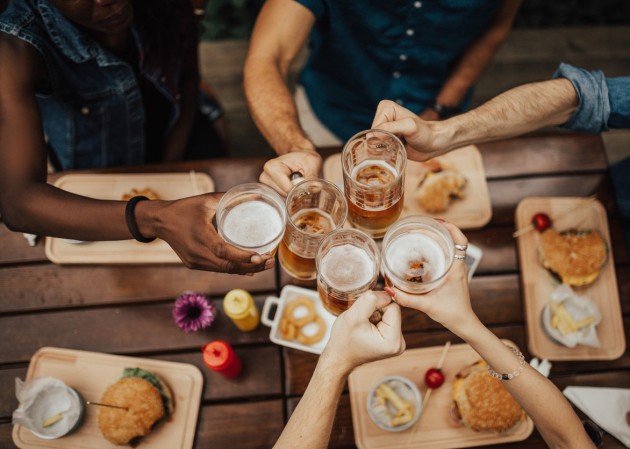
Almost 1m adults have experienced spiking in past year
New research from Drinkaware and Anglia Ruskin University can reveal that approximately 2% of UK adults have been a victim of drink spiking in the past year.
The concerning figure means close to 1m adults have likely been spiked over this period. Of those surveyed who experienced spiking, only 1-in-4 said they had reported the incident to the police.
Also detailed in the research is that it is most likely to occur in bars (41% of incidents), followed by social events (26%) and nightclubs (25%). Of those surveyed 87% believed that people spiked drinks to commit sexual assault or rape, with 69% believing it is also done to steal from people.
The report also surveyed what respondents believed constituted spiking – 80% of people correctly understood that adding both illegal or pharmaceutical drugs met the definition. Slightly fewer people were aware of the fact that adding alcohol to a non-alcoholic drink (75%), or adding extra alcohol to an alcoholic drink (68%) constituted spiking too.
The findings have been published as part of the Drinkaware 2025 Monitor, a long running research project conducted for the non-profit by YouGov. The results are also released during Spiking Intensification Week, coordinated by the National Centre for Violence Against Women and Girls and Public Protection (NCVPP), a bi-annual initiative that seeks to raise awareness of the serious dangers of drink and needle spiking.
Karen Tyrell, CEO of Drinkaware, emphasised the importance of the research and the further action that needs to be taken.
She commented: “Our latest national survey shows that many spiking survivors still said they didn’t go to the police because they didn’t think anything would be done. It’s important people know that the police take reports of drink spiking incredibly seriously.
“The survey also shows there’s work to be done to highlight what drink spiking actually is. It’s not just adding pharmaceuticals or illegal drugs to a drink without consent – adding or increasing the amount of alcohol in a drink is also drink spiking.”
Helen Millichap, director of NCVPP, added: “Spiking can have a significant, traumatic impact on victims and feelings of safety, particularly for women and girls, which is why police forces across the country are working proactively to raise awareness and encourage victims to report to the police.
“Spiking is a complex offence to investigate as drugs can pass through the system quickly, which is why quick reporting and early evidence gathering, including forensic testing, is key. I would encourage anyone who is a victim of spiking to report it to the police as soon as possible, you will be listened to, and you will be taken seriously.”




